Corneal damage refers to any injury, disease, or condition that affects the cornea, the clear, dome-shaped surface at the front of the eye that plays a critical role in focusing light and maintaining clear vision. The cornea is composed of several layers, each serving a specific function to protect the eye and aid in vision. Damage to any of these layers can lead to vision problems, discomfort, and in severe cases, blindness. One common cause of corneal damage is Keratoconus, a progressive eye disorder where the cornea thins and bulges outward into a cone shape, distorting vision.
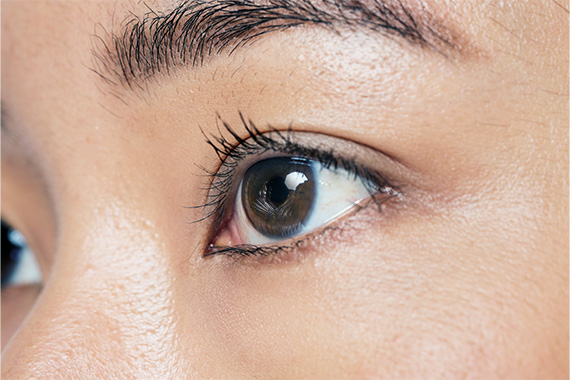
The symptoms of corneal damage can vary depending on the cause and severity of the condition. Common symptoms include:
The clarity of vision diminishes, often resulting in blurred or distorted images.
Irritation, burning, or a sensation of something in the eye may occur.
Bright lights may cause discomfort or pain, a condition known as photophobia.
The eye may appear red and feel irritated.
Excessive tearing or abnormal discharge can be signs of corneal damage.
Lights may have halos or glare around them, especially at night.
It is crucial to seek medical attention if you experience any of the following symptoms:
Corneal damage can result from various factors, including:
Bacterial, viral, or fungal infections can lead to corneal ulcers and scarring.
Physical trauma, such as scratches or foreign objects, can damage the cornea.
A progressive condition that causes the cornea to thin and bulge, leading to distorted vision.
Insufficient tear production can cause the cornea to dry out and become damaged.
Wearing contact lenses for extended periods can deprive the cornea of oxygen, leading to damage.
Conditions like rheumatoid arthritis or lupus can affect the cornea.
Corneal damage can manifest in various forms, with Keratoconus being a notable type:
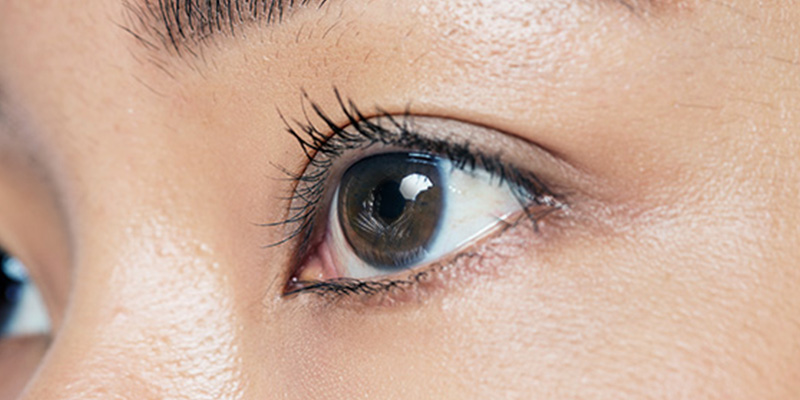
A scratch or scrape on the cornea, often caused by foreign objects.

An open sore on the cornea, typically resulting from infection.

A group of genetic eye disorders that cause abnormal material to accumulate in the cornea.

A progressive thinning of the cornea that causes it to bulge into a cone shape, leading to visual distortion.
Certain factors can increase the risk of corneal damage, including:

A family history of corneal conditions like Keratoconus

Often associated with allergies, frequent eye rubbing can weaken the corneal structure.
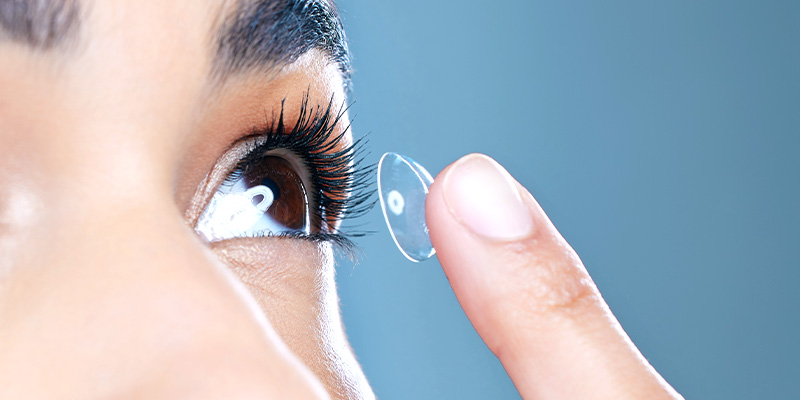
Overuse of contact lenses, particularly without proper hygiene, can damage the cornea.
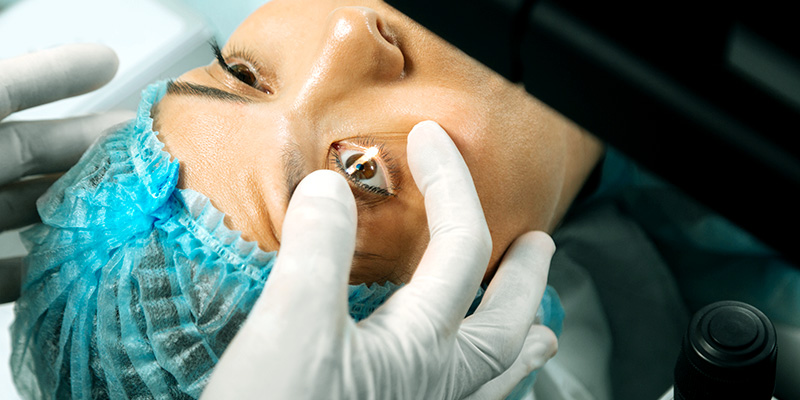
Previous eye surgeries, such as LASIK, can increase the risk of corneal damage.
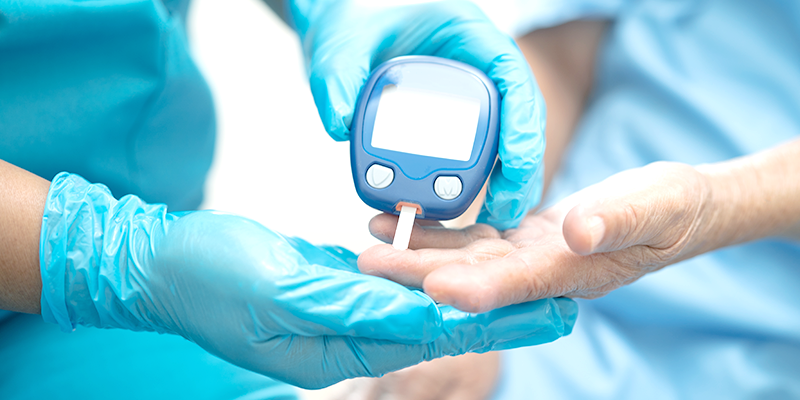
Autoimmune diseases and diabetes can contribute to corneal damage.
While not all corneal damage can be prevented, certain practices can reduce the risk
Keep your eyes clean and avoid touching them with dirty hands.
Refrain from rubbing your eyes, especially if you have allergies.
Wear protective glasses or goggles when engaging in activities that pose a risk to the eyes.
Adhere to recommended wearing times and cleaning practices for contact lenses.
Routine check-ups can detect early signs of corneal damage or other eye conditions.
Corneal damage, including conditions like Keratoconus, can significantly impact vision and overall eye health. Understanding the symptoms, causes, and risk factors is crucial for early detection and effective treatment. If you experience any signs of corneal damage, consult with an eye care professional promptly. Preventive measures and regular eye exams can help maintain the health of your cornea and ensure clear vision.
While Shree Ramkrishna Netralaya is your top choice for eye care in Mumbai, you may also consider our other reputable clinics and hospitals near you.
Address:
201 & 202 Elmer #Plot #563, Central Avenue, Corner of, 11th Rd, Chembur, 400071
Phone: 082917 14838
Timing: Mon-Sat- 10 a.m. To 8 p.m.
Address:
Near Risk Care Hospital, Near Makhamali Talao, LBS Marg, Thane, W, Mumbai, Maharashtra 400601
Phone: 02225441139
Timing: Mon-Sat- 11 a.m. To 8 p.m.